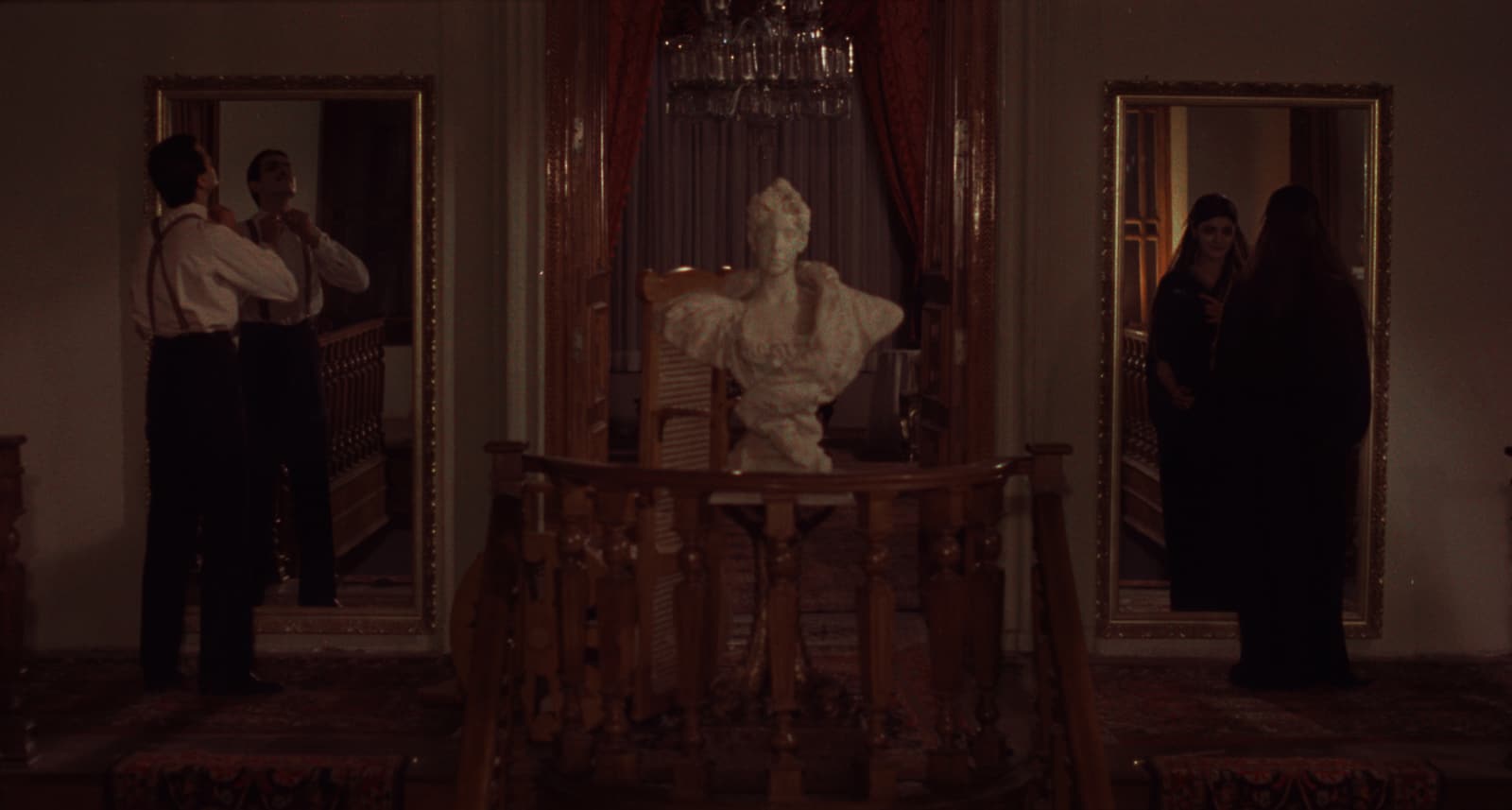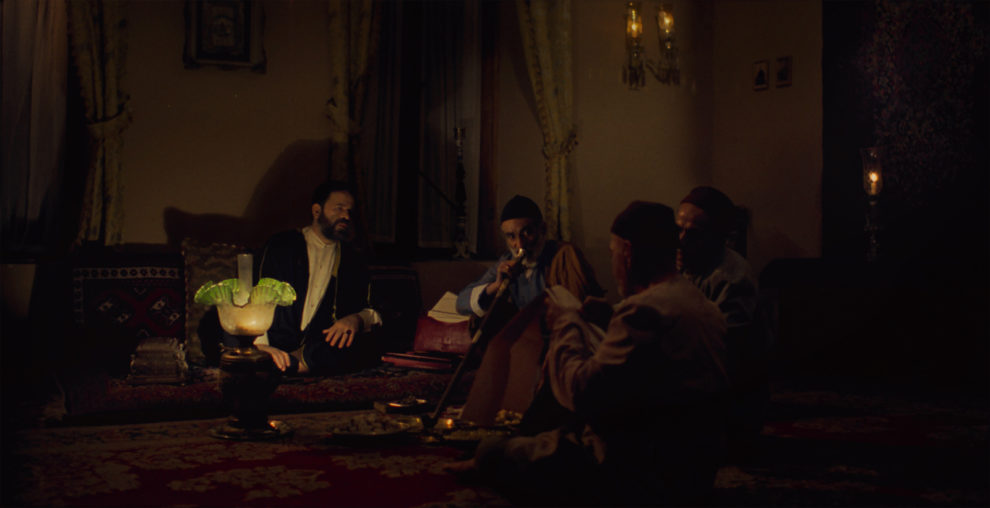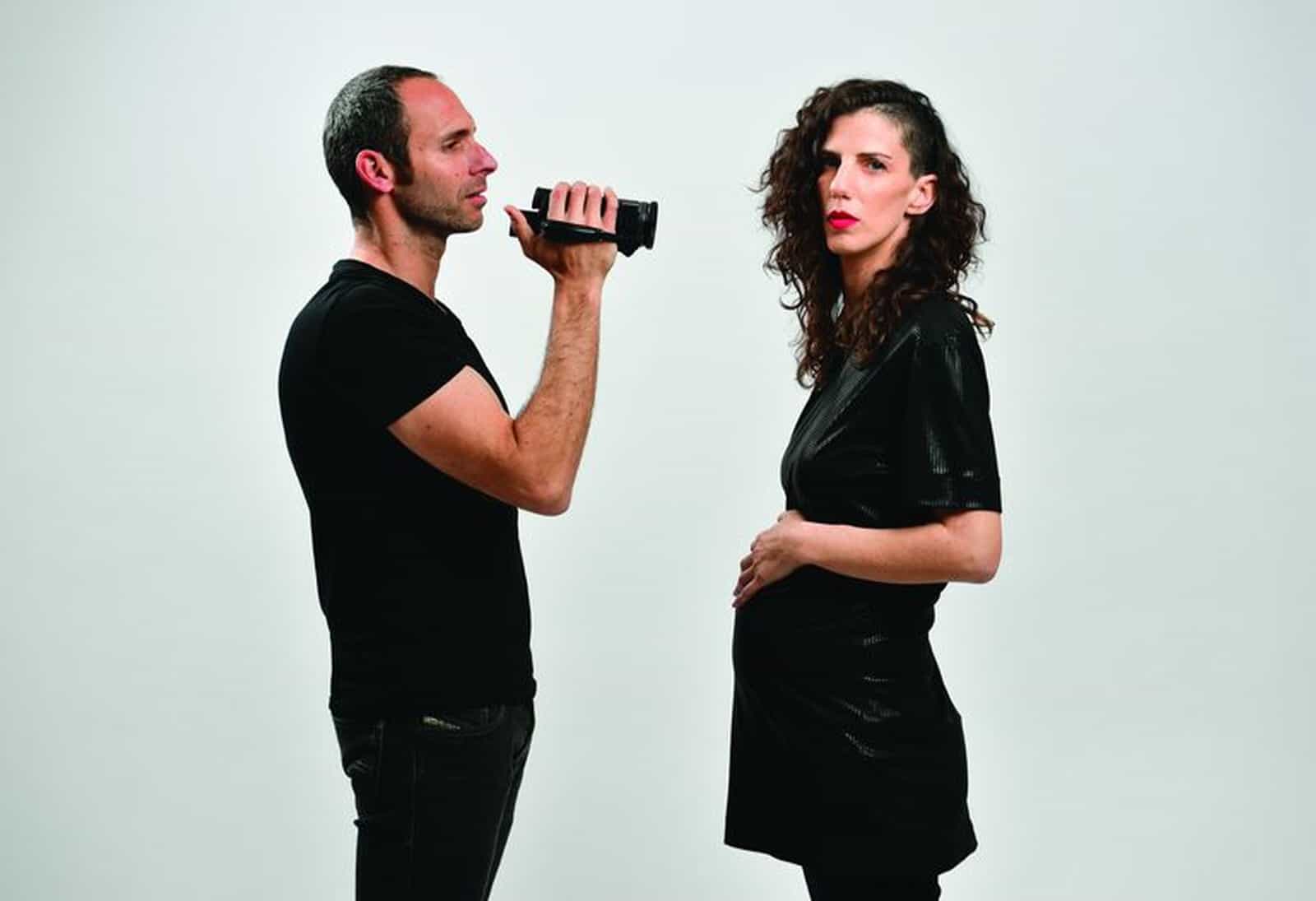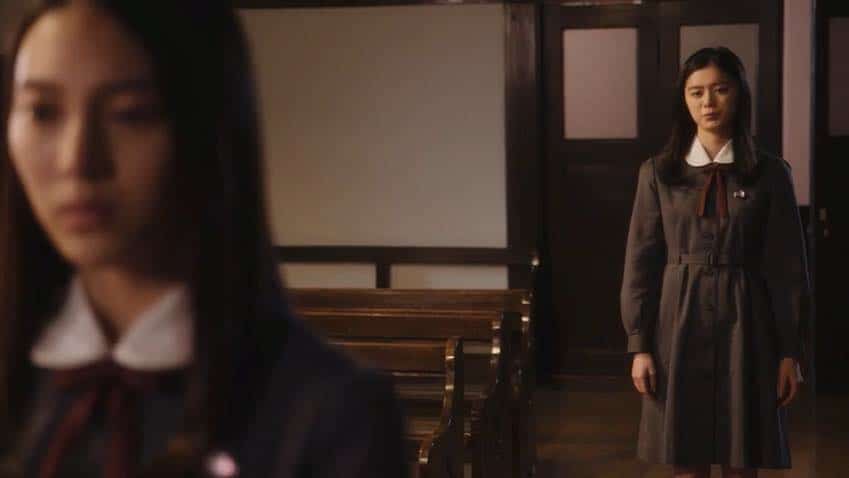“The Chess Game of the Wind” is a film whose actual story is at least as interesting as the movie itself. It only screened twice in Tehran in 1976, received extremely bad reviews, and after the Iranian Revolution, it disappeared completely, since the themes of homosexuality and feminism (among others) did not sit well with the Khomeini regime. However, it was rediscovered in a Tehran antique shop in 2015, and was presented back to its director, who managed to “smuggle” it out of the country. Eventually, it was delivered for restoration in Paris, overseen by Martin Scorsese's non-profit organization, The Film Foundation's World Cinema Project, in association with the Cineteca di Bologna. (Source: The Guardian). Which makes even more interesting how Park Chan-wook watched and was inspired for “The Handmaiden” (you see what I did there, right? I made a joke).
“The Chess Game of the Wind” is screening at San Diego Asian Film Festival

The story takes place mostly inside a manor, where a rich matriarch has died, leaving behind a series of “suitors” for her fortune. The protagonists are her paraplegic daughter, Lady Aghdas, forever strained on a wheelchair, Hadji Amoo, her misogynistic second husband who thinks the fortune is his God-given right, and the former's handmaiden, who eventually becomes much closer to her mistress than anyone could expect (including the audience and critics who first watched it I imagine). Two adopted brothers complicate things even more, with the same applying to the local commissar, who is also a suitor for the Lady, while the presence of the elderly family doctor, instead of having pacifying effects, puts more oil to the fire. The constant measurement of the value of the fortune, the back and forth accusations and bitterness, and the presence of jars of acid in the basement pile up, to a point where murder seems inevitable.
Mohmmad Reza Aslani directs a gothic tale of family feud, which unfolds much like an Agatha Christie-thriller (minus the fact that the perpetrators are known) but also like “The Handmaiden”, not just due to the mistress-maid relationship but also due to the many twists that eventually take over the narrative.
Furthermore, the house itself is one of the protagonists and the main source of the imposing atmosphere, particularly since the heavy luxury comes into direct antithesis with the essence of claustrophobia and suffocation that permeates both the setting and the story. Furthermore, the basement, which also seems to symbolize the depths people can reach to achieve their goals, adds even another level to the whole combination, one that adds to the subtle but palpable grotesqueness of the film.
Houshang Baharlou takes complete advantage of the house setting and Houri Etesam's sets, in order to present a number of exquisite frames, which also add to the context of the movie in the most elaborate way. The stairs, the dining room, Lady Aghdas's quarters, and the basement are all shot in utmost artistry, adding significantly to the whole atmosphere
Houshang Baharlou takes complete advantage of the house setting and Houri Etesam's sets, in order to present a number of exquisite frames, which also add to the context of the movie in the most elaborate way. The stairs, the dining room, Lady Aghdas's quarters, and the basement are all shot in utmost artistry, adding significantly to the whole atmosphere

Furthermore, and in a social comment, the scenes in the house are frequently interrupted by scenes outside in the courtyard, where a number of women wash their clothes and gossip, while children play around. The fact that these people are poor but happy, in a complete contrast with the rich ones inside the house provides a rather pointy remark, while the overall setting a much-needed break from all the literal darkness of the mansion. In that regard, Abbas Ganjavi's editing is also quite accomplished, with these “interruptions” coming in well-timed moments, also inducing a generally very slow film with a sense of speed and movement.
Shohreh Aghadasloo as Lady Aghdas is exceptional, particularly in the way she tries to retain her dignity under all the insults she receives from Hadji Amoo and despite her illness. The way her romance with Fakhri Khorvash's maid unfolds is also exceptional, and a testament to the chemistry of the two. Mohamad Ali Keshavarz is an excellent villain as Hadji Amoo, with him realizing his power and being relentless with it against everybody.
We are quite lucky that “Chess Game of the Wind” eventually reemerged, not just due to its immense quality as a movie, but also as a testament to the progressiveness of the pro-Revolution Iranian cinema.















